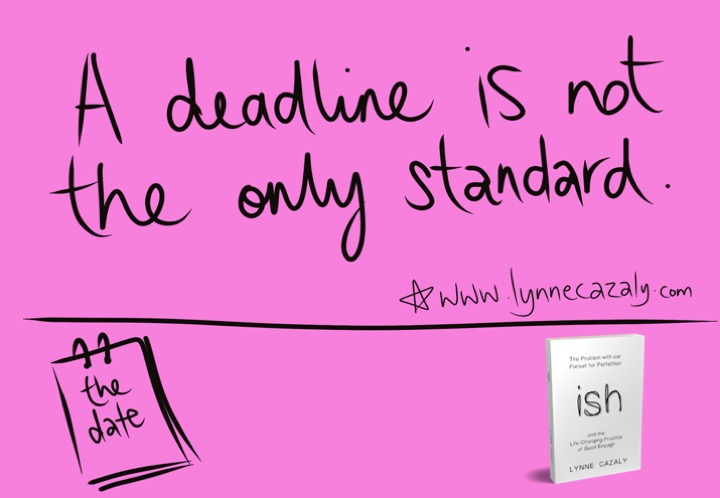Stop squirrelling information
 Tuesday, September 3, 2019 at 7:37AM
Tuesday, September 3, 2019 at 7:37AM  I'm posting on information overload this week; one of my conference keynote topics, best scheduled at the start of the conference! Why? We're faced with so much information yet we haven’t evolved our abilities to process and cope with it all. We still get overloaded. Daily.
I'm posting on information overload this week; one of my conference keynote topics, best scheduled at the start of the conference! Why? We're faced with so much information yet we haven’t evolved our abilities to process and cope with it all. We still get overloaded. Daily.
An issue is how we squirrel away information intent on working on it 'later’, reviewing it, keeping it, having it. Think... at a conference where a tonne of information is presented via PowerPoint.
How often have you got your phone out and taken a photo of a slide? We're creating a 'rework' problem though, collecting information we think we may possibly need, perhaps, maybe.
'It looks valuable; I'll capture it.' It’s inefficient and delays the sensemaking task until 'later'. That's yet another thing for 'later'!
Recent research confirms our memories and recall are NOT enhanced by these photos. We’re better off working with the information (listening, reading, thinking, writing) at the time, in the moment, even though it feels good to take photos.
We think we feel calmer capturing the moment, but we're actually adding to the big problem that is our cognitive overload. Forget the photo. Make sense in the moment.





















